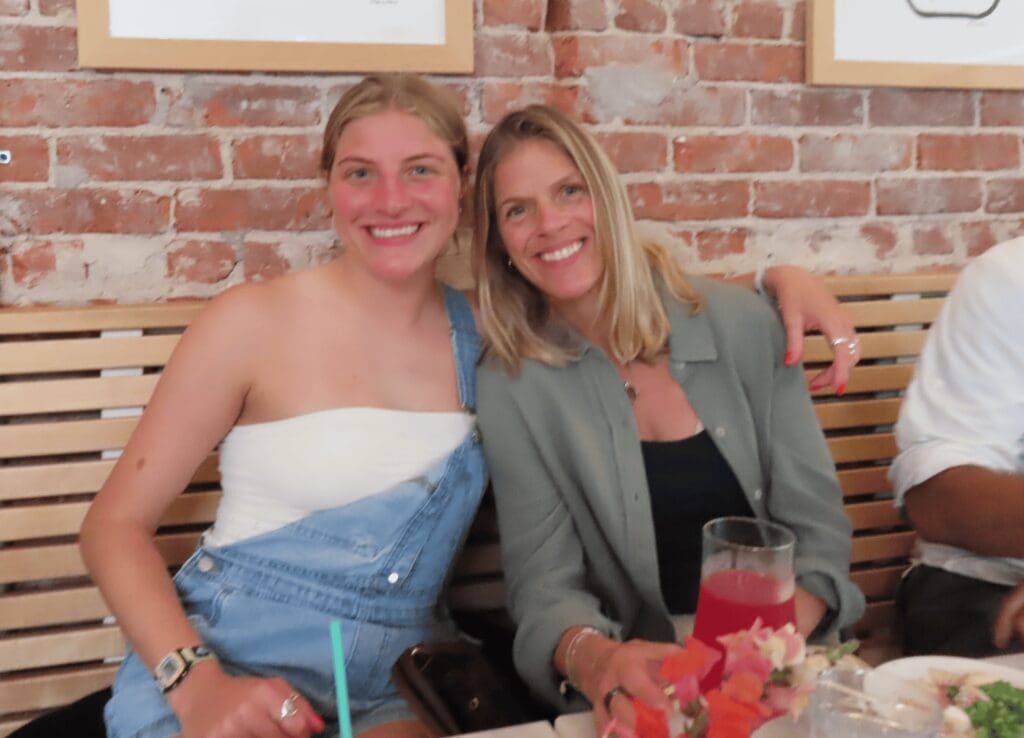There is a great deal written about why the holidays are such a stressful time and about what we all must do to minimize the stress.
We spend a lot of time with family; kids are home and their time is unstructured; we eat too much; we drink too much; we spend too much money.
And then there are the many suggestions for reducing stress and “making the most” of the holiday season: plan fun activities; remember to exercise; control spending; eat healthy snacks before the big holiday party; limit alcohol consumption; help those less fortunate, etc.
Even the “tips” for a healthy, happy holiday season can feel stressful and overwhelming. But what is it on a deeper level that makes this period of time from late November until January 2 so difficult for so many people?
There are certain times during the year that are periods of what I like to call mandatory happiness. One is meant to be joyful, grateful, interpersonally connected, and festive at the holidays. And certainly, one is meant to feel happy to be with family members at Thanksgiving, Hanukkah, and Christmas. Couples are supposed to dress up and go out and have lots of fun on New Year’s Eve. Togetherness is meant to go well. (Similarly, spring is a mandatory happiness period: the winter ends, the weather warms up, and the flowers bloom, and one is meant to feel renewed and happier with the ascent into good weather and longer days.)
But what happens for the many people who don’t live up to these expectations? If one is depressed, anxious, having financial worries, or experiencing family tension, then the mandate to be “happy” can be very difficult. It can make one feel even lonelier if one fantasizes that everyone else is feeling good. Being surrounded by perceived happiness becomes depressing and thus, in fact, people are more prone to depression at holiday time and during the spring.
We compare ourselves to one another during these times. We see commercials on TV depicting lovely homes with warm, loving holiday dinners and for many, it is a reminder of how profoundly life is not that way. Expectations run high and reality so often falls short.
One of the most stressful parts of the holiday season is the visit home to one’s family of origin. What happens when we walk through the doors of our childhood homes? There is a regressive vortex beneath that sucks us all into our old roles, behaviors, and emotions from childhood. It truly can feel like a gravitational force beyond one’s control.
How can it be, one might ask, that I am a fulfilled, professional adult with kids of my own, and now as I sit with my parents and my siblings, I feel as if I am five years old again and wanting to scream or cry? Old interpersonal dynamics, old resentments, even old traumas become current once again. It seems to happen in a heartbeat.
So often we emerge from these holiday dinners with guilt about not being our best selves with our families or with pain that old feelings are still there. Being gentle and forgiving with oneself is the best medicine here. This emotional gestalt called family truly is larger than each individual, and so we all find ourselves sucked back into old patterns. If one can muster up humor regarding the situation, that’s even better.
It is so important to keep one’s expectations realistic as the holidays approach. The decorations don’t have to be perfect; the parties don’t have to be great; family members may bicker. The notion that other people are seamlessly moving through the holiday season with nothing but joy is a fantasy.
If there is tension in one’s family, it is not going to magically disappear because it is December 25. Don’t expect it to suddenly be different. Try to resist the urge to compare yourself to the “ideal” family because, in fact, “ideal” is the exception, not the rule.
Families are flawed entities. If one can enter the holiday season with realistic notions about what is possible and what is not possible, this grounded stance may make room for unexpected moments of true connection and warmth.


